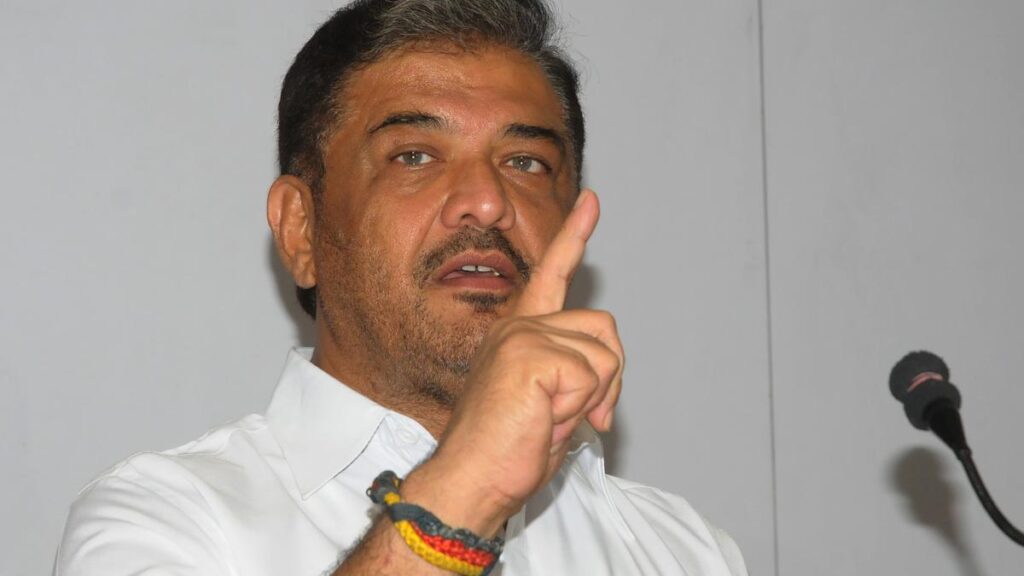Sunil Kedar Disqualified as MLA Following Conviction
Senior Congress leader and former Maharashtra Minister, Sunil Kedar, has been disqualified from the State legislative Assembly after being convicted for misappropriation of funds at the Nagpur District Central Cooperative Bank (NDCCB).
Conviction and Disqualification
A gazette order issued by the state legislature secretariat stated that Kedar stands disqualified as MLA from the date of his conviction on December 22 under Article 19 (1) (e) of the Constitution of India and Section 8 of the Representation of the People Act, 1951. His constituency, Saoner, has become vacant as a result.
Court’s Judgment and Sentencing
A magistrate’s court in Nagpur sentenced Kedar and five others to five years’ rigorous imprisonment for the misappropriation of funds at the NDCCB, dating back to 2002. Kedar, a five-time MLA, was convicted under several sections of the Indian Penal Code, including criminal breach of trust and criminal conspiracy, and fined Rs 10 lakh.
The NDCCB Case
According to the prosecution, the NDCCB lost Rs 125 crore in government securities in 2002 due to rule violations in fund investments through Home Trade Private Limited, during Kedar’s tenure as chairman of the bank.
Court’s Ruling
The Additional Chief Judicial Magistrate stated that Kedar and another accused were entrusted with the bank’s stake, emphasizing that the misused funds were hard-earned money of the bank’s members, mainly composed of poor farmers from Nagpur. The court highlighted the cooperative sector’s goal of uplifting economically marginalized sections and condemned the breach of trust committed.
Impact on the NDCCB
The court emphasized the severe consequences of the loss, stating that such misappropriation could dramatically affect the financial position of the bank and consequently impact thousands of its members and staff. The court asserted that individuals in high positions have a greater responsibility to ensure the protection of members’ funds.
These developments are a blow to Kedar’s political career and raise concerns about the mismanagement of funds in cooperative banks. As the legal process unfolds, it remains to be seen how this case will affect the political landscape in Maharashtra and prompt reforms in the cooperative banking sector.
Source link


